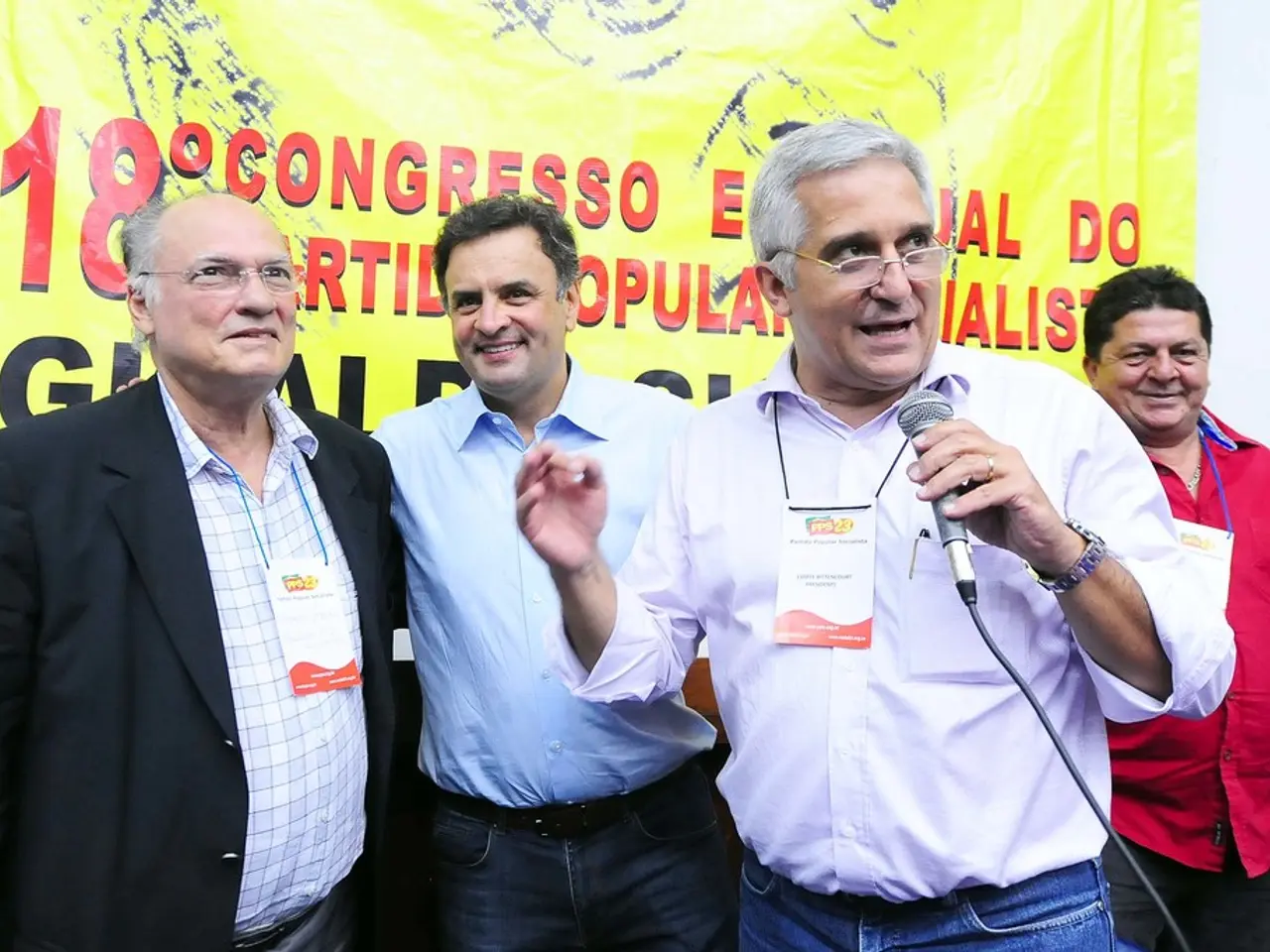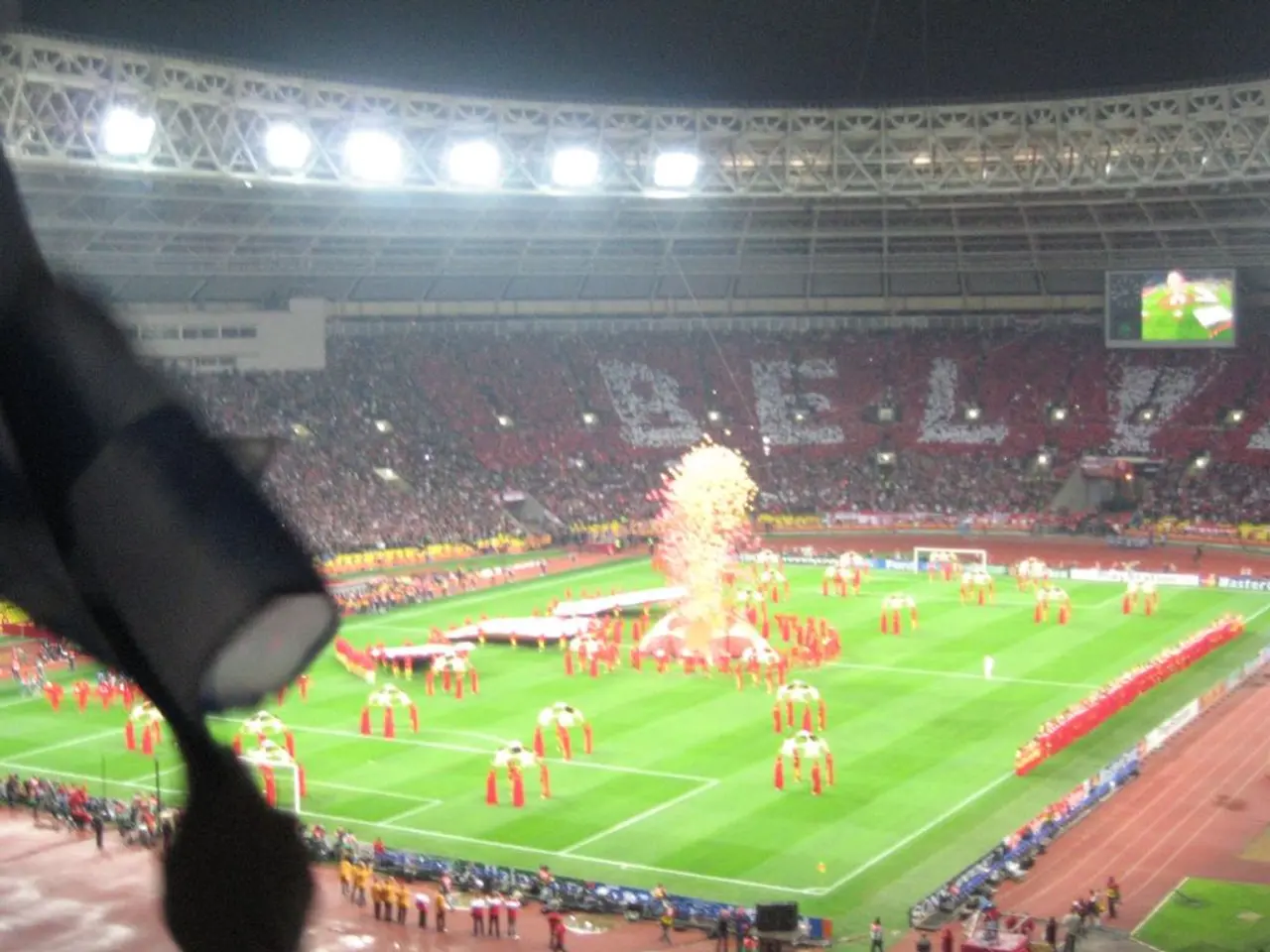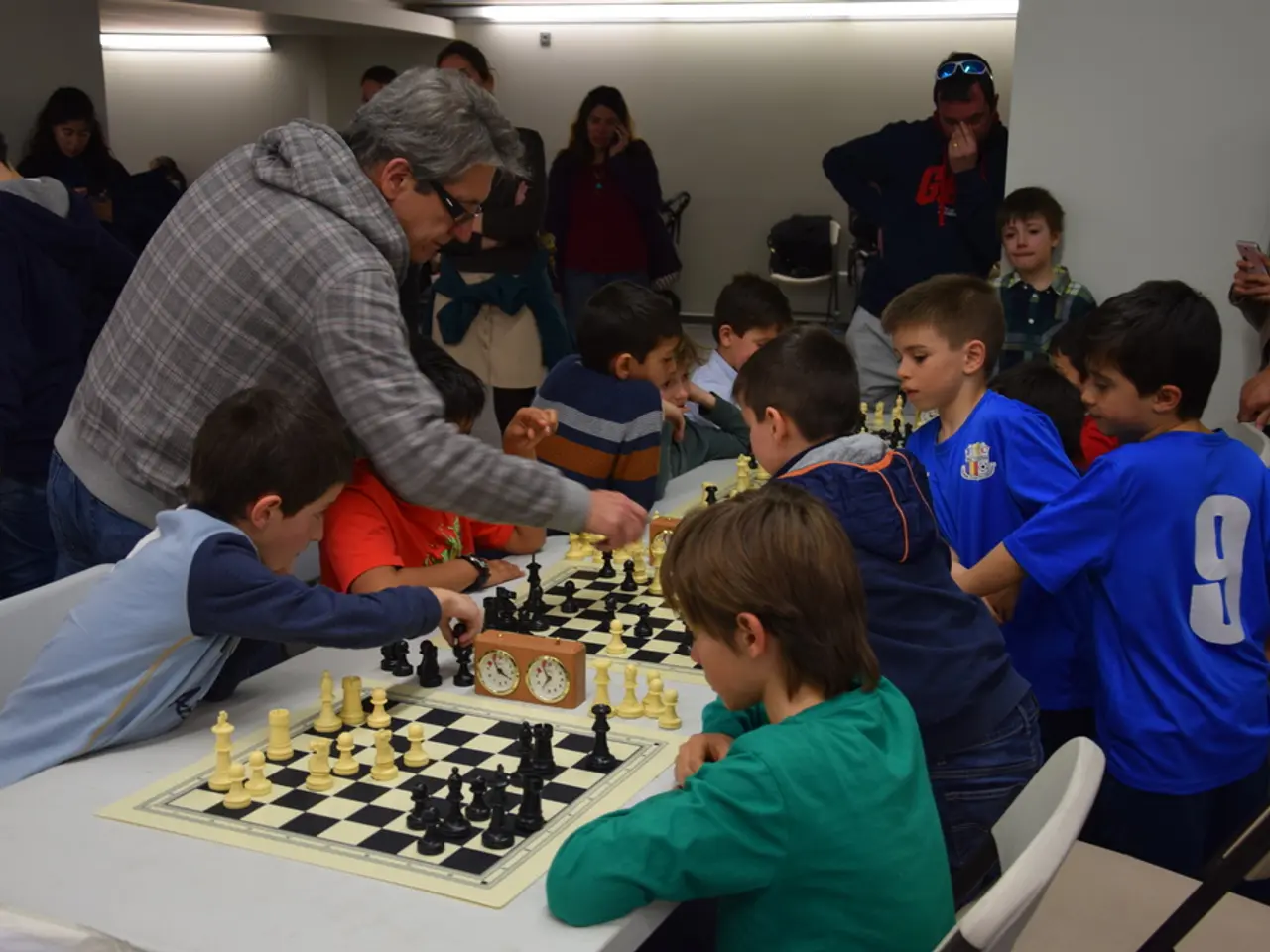Senate departs without agreement to expedite appointments, as Trump angrily advises Schumer to 'head to the underworld' instead.
The Senate confirmation process for presidential nominees has undergone significant changes over the last two decades, transforming from a largely bipartisan and routine procedure to an increasingly partisan and contentious one.
In a recent standoff, Senate Majority Leader John Thune kept the Senate in session for longer hours, and even held a rare weekend session on Saturday, in an attempt to confirm as many of President Donald Trump's nominees as possible. However, the Senate left Washington on Saturday for a month-long August recess without a deal to advance President Trump's nominees.
One of the key elements of this evolution is the change in Senate rules to end filibuster for judicial nominees. In 2013, Senate Democrats removed the 60-vote threshold for lower court judicial nominees, and in 2017, Republicans extended this "nuclear option" to Supreme Court nominations, eliminating the filibuster for high court picks too. These rule changes have lowered the vote requirement for confirmation from a supermajority to a simple majority, accelerating the process but intensifying partisan conflicts.
Another factor contributing to the increased partisanship is the escalated use of stalling tactics and refusals of unanimous consent, leading to lengthy roll call votes and delays. This shift from more bipartisan and smooth confirmations is evident under President Trump, with Senate Majority Leaders keeping the Senate in session longer and considering further rules changes to speed confirmations in response to Democratic delays and “obstruction” claims.
Traditional vetting by professional bodies has also declined. Trump’s nominees, like Whitney Hermandorfer for the Sixth Circuit, have bypassed formal vetting by organizations like the American Bar Association. This reflects changes in the confirmation culture and influence of professional norms.
Trump allies aim to streamline and smooth the confirmation process for future Supreme Court nominees, partly to avoid the intense partisan spectacle seen in past high-profile hearings such as that of Brett Kavanaugh.
Senate Minority Leader Chuck Schumer said a rules change would be a "huge mistake," while Thune said there were "several different times" when the two sides thought they had a deal, but it didn't close. Negotiations between the two parties and the White House over moving a large tranche of nominees in exchange for reversing some of the Trump administration's spending cuts on foreign aid broke down.
In the midst of this standoff, Trump attacked Schumer on social media during the session and even posted on Truth Social, telling Republicans to pack it up and go home. This is the first time in recent history that the minority party hasn't allowed at least some quick confirmations.
As the Senate returns in September, Republicans may try to change Senate rules to speed up the pace of confirmations. However, without a deal between the two parties, it remains to be seen whether these rule changes will be successful.
- In light of the gridlock during the August recess, Senate Majority Leader John Thune might seek to implement rules changes upon the Senate's return in September, aiming to expedite the confirmation process for presidential nominees, particularly Supreme Court nominees, as proposed by Trump allies.
- The political tensions surrounding policy-and-legislation, such as the recent standoff over the confirmation of President Trump's nominees, highlight the increased partisanship in Seattle's Senate, underscored by the use of stalling tactics, refusals of unanimous consent, and the abandonment of formal vetting by professional bodies.







